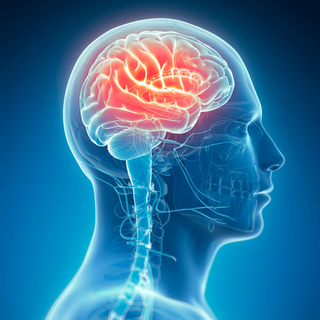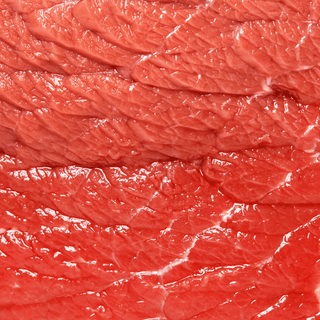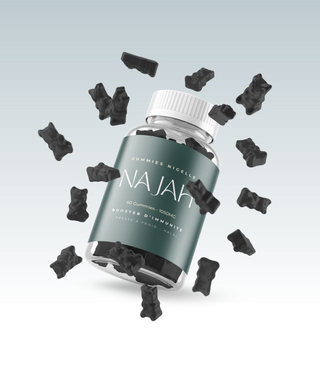How to naturally increase your testosterone levels?
Testosterone , an androgen hormone produced primarily by the testes, plays a crucial role in regulating spermatogenesis, developing muscle mass, and maintaining bone density. This hormone is essential for several bodily functions, including regulating energy, mood, and libido.
Low Testosterone?

Lack of sleep
Plays a role in decreasing testosterone. According to recent estimates, approximately 35% of adults sleep less than seven hours per night, the minimum recommended for optimal recovery. This sleep deficiency is particularly noticeable in men, with studies indicating that they are slightly more affected by sleep deprivation than women.

Chronic stress
It also has a negative impact on testosterone in men. When a person is stressed, the body produces cortisol, a hormone that, in excess, can inhibit testosterone production. A study published in the Journal of Clinical Endocrinology & Metabolism found that high cortisol levels are associated with reduced testosterone levels in men.
What are the natural remedies?

Practice physical activity
Physical exercise , including strength training and high-intensity training, has also been shown to boost testosterone production. Research indicates that these activities temporarily increase levels of this hormone, improving body composition and mental well-being.

Have a healthy and balanced diet
Studies show that zinc, found in oysters, red meats, and pumpkin seeds, is vital for testosterone production. Healthy fats, such as those in avocados and oily fish, are also beneficial because they promote hormone synthesis.

Shilajit Gummies
Shilajit is a natural substance known to help increase testosterone levels gently and effectively. This nutrient-rich mineral supports the body by promoting natural hormone production.

Nigella Gummies
Black seed , or Nigella sativa, has attracted growing scientific interest, with over 2,000 studies conducted to date. Among recent findings, a 2020 study demonstrated that consuming black seed can increase blood testosterone levels as well as sperm concentration, highlighting its potential to support male reproductive health.

